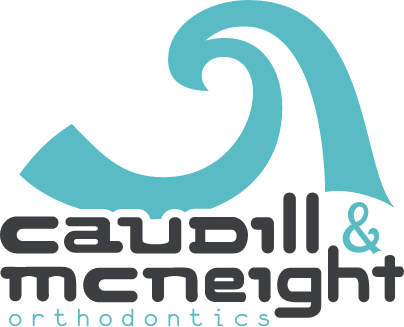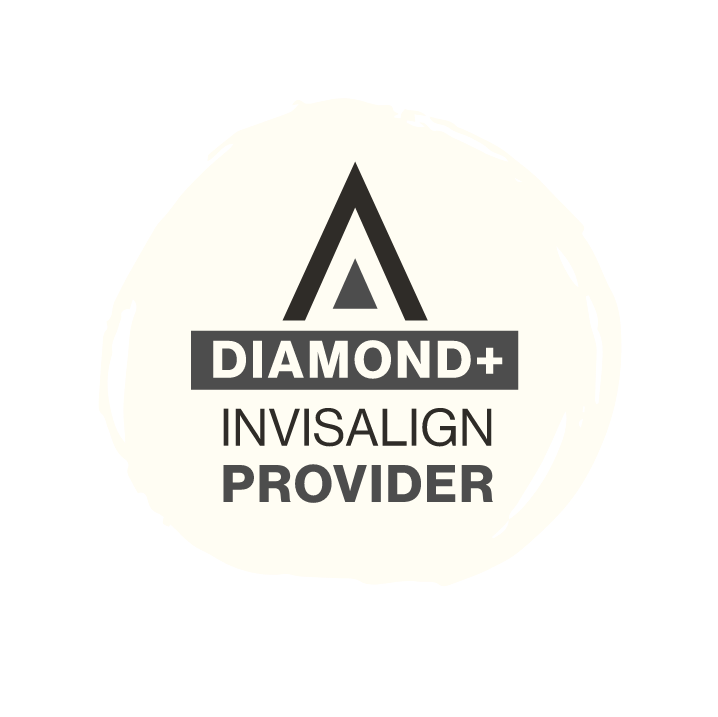Taking daily vitamins and minerals is one of the easiest ways to improve your health, strengthen your immune system and shine bright from the inside out!
You can take certain vitamins and minerals to help grow your hair, help clear your skin complexion, and improve your brain function, so are there vitamins that can help support you through orthodontic treatment too?
(Spoiler alert: Yes there are!) Here’s everything you need to know about which vitamins you can take with braces or Invisalign®:
The Role of Vitamins and Minerals in the Body
Taking vitamins and mineral supplements have a range of benefits, from improved eyesight and greater heart health, to reduced stress and anxiety, brighter skin complexion and stronger teeth!
Our bodies are filled with natural vitamins and minerals that facilitate proper function and growth of our cells – and our cells are responsible for everything that goes on in the body. In fact, our bodies are just a big, beautiful clump of cells. Vitamins and minerals are essential for living a well-rounded happy, healthy life.
Certain vitamins hold certain benefits. For example, Vitamins C, D and E are three of the best vitamins to support healthy skin cell function. To strengthen your teeth, gums and bone, you can focus on making sure your body has access to adequate vitamins and minerals such as calcium, vitamin D, magnesium and potassium to your diet or through supplements.
Top 4 Vitamins & Minerals to Support Your Smile
1. Fluoride
The most cruical mineral for supporting your braces or Invisalign journey is fluoride! While you don’t have to worry about incorporating fluoride into your diet, you should always make sure you have fluoride toothpaste as part of your oral hygiene tools.
What is fluoride? Fluoride is a naturally-occurring mineral that is found in most bodies of water. It comes from fluorine, which is a common, natural, and abundant element. Often referred to as nature’s cavity fighter, fluoride helps to prevent cavities in teeth by making your enamel more resistant to damage from tooth-decaying acids. Fluoride also helps to rebuild weakened tooth enamel and has the amazing ability to reverse early tooth decay.
Recommended amount of fluoride:
The National Academies of Sciences, Engineering, and Medicine recommends the following amounts of fluoride for:
- Children (9–13 years) – 2.0 mg
- Teens (14-18 years) – 3 mg
- Adults – 3 to 4 mg
You can make sure you’re getting an adequate amount of fluoride by drinking tap water, brushing your teeth twice a day with a fluoride toothpaste, and using fluoride mouthwash once a day.
2. Calcium
Calcium is a no-brainer when it comes to your smile. Calcium is a powerhouse for bones and teeth. During tooth development calcium is a crucial mineral for strong and healthy enamel to form. Enamel is the outer protective layer of the teeth that has the key responsibility of providing strength and is the teeth’s protective barrier from the acids and sugars that cause cavities, discoloration and erosion. Once teeth have developed, calcium is an important ingredient to making sure the bones and cells that support our teeth stay free from problems.
It’s recommended that young adults intake about 1,300 mg of calcium daily. This will help support your teeth and provide them with the strength they need to move quickly and healthily for the best treatment results.
Adding calcium to your diet:
You can find loads of calcium in milk, cheese, yogurt and leafy vegetables (like spinach, kale and collard greens). Try adding an extra slice of cheese to your lunch, or grabbing a milk on the go. You can also choose a calcium vitamin or supplement to get your daily dose!
3. Magnesium
Magnesium is a key mineral essential for the proper development of the jaw bones and gums – two very important parts of your smile. Magnesium (along with other minerals) comprises the structure of the teeth, it also works hand-in-hand with vitamin D, helping the body absorb calcium. Double win!
In order to construct your dream smile, we need strong teeth and jaw bones that can react appropriately to your braces’ guidance.
Adding magnesium to your diet:
You can find magnesium in beans and legumes, nuts, seeds, wheat and fruits like avocados, bananas, kiwis, raspberries and cantaloupes. Try a fresh fruit salad for your next snack! Of course, you can also supplement magnesium with a daily multivitamin.
4. Vitamin D
Vitamin D does wonders for our bodies! Like magnesium, it helps us absorb calcium and plays a key role in bone and tooth remineralization. It also has anti-inflammatory properties that help maintain healthy gums and keep bacteria at bay.
Studies published by the National Library of Medicine have shown that “supplementing with vitamin D was associated with a significant reduction in the incidence of dental caries (cavities) compared with no supplement”. This is more than enough reason to add more vitamin D to your day!
Adding vitamin D to your diet:
The average person should intake about 600 IU of vitamin D daily. This can be achieved through lifestyle changes, dietary changes and supplementing with a daily vitamin.
Although it isn’t difficult to get vitamin D in our sunny 321 community, it’s important that you make time to get natural sunlight every day. Experts advise anywhere from 5 to 30 minutes in the sun each day to boost your mental health, physical health and dental health.
Add vitamin D-rich foods, like eggs, butter, yogurt, cheese and fish to your grocery list. And of course, you can add a daily vitamin to your diet!
Can I take gummy vitamins with braces?
Gummy vitamins can be more desirable for children than traditional, solid vitamins. But is taking gummy vitamins a good idea? Here are a few things to consider to make sure you are benefiting your child and not causing other problems:
- Most flavored gummies are almost all sugar in a sticky form. This is an absolute NO with braces. Even though these supplements have good intentions they will end up increasing your risk of cavities.
- Gummy vitamins hold fewer minerals and vitamins than traditional, solid vitamins.
We think it’s best to avoid gummy vitamins during orthodontic treatment and opt for solid traditional vitamins!
Still have questions about vitamins and orthodontics?
Please don’t hesitate to reach out to us with any questions! We’re here to guide you through orthodontic treatment and ensure that you achieve beautiful, lifelong results. If you’re looking for advice – or just want to chat about your child’s treatment – we’re here for you.
Still considering orthodontic treatment? We’re proud to offer a variety of desirable treatment options for all ages! Choose from clear traditional metal braces, clear ceramic braces and Invisalign clear aligners. Dr. Caudill, Dr. McNeight and our team will help you make the best choice for your smile on your first visit.
Ready to get started? Request your complimentary orthodontic exam with our experienced orthodontists in Merritt Island, Melbourne and Viera today!
We’ll help you catch a wave of confidence.





